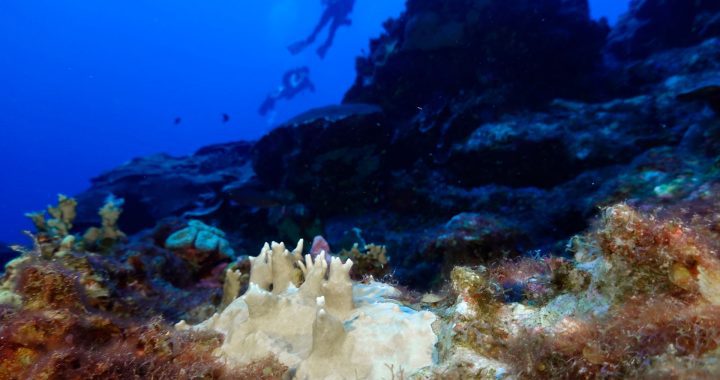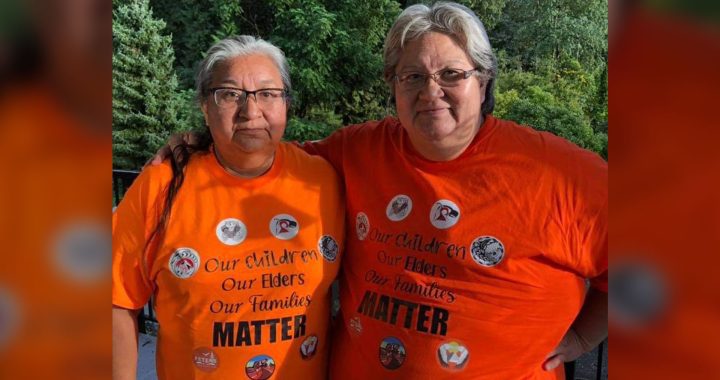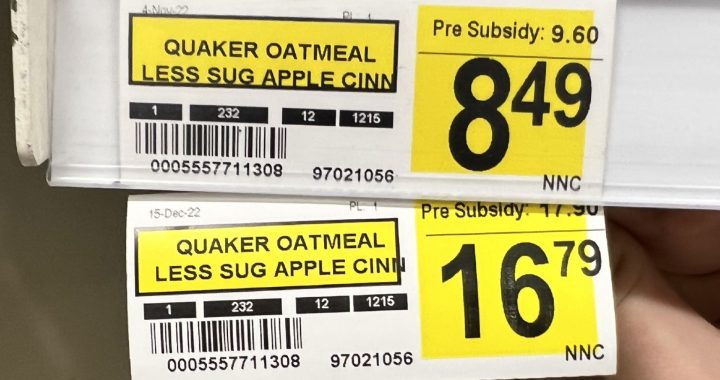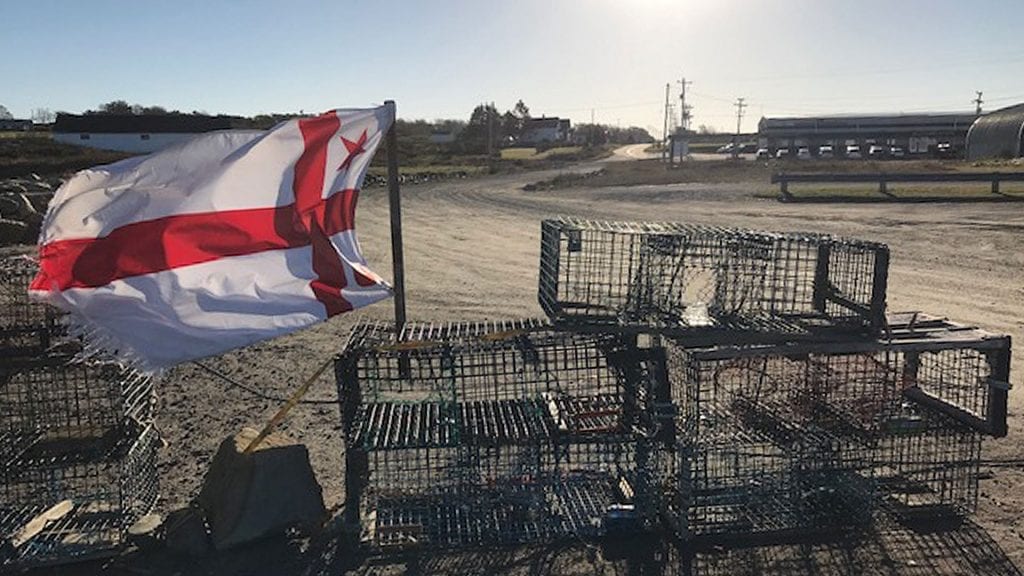
Forty-three Sipekne’katik First Nation lobster harvesters are taking action against the federal government and non-Indigenous fishers for what happened during the moderate livelihood fishery in September 2020.
Mi’kmaw lobster harvesters in Nova Scotia have launched legal action against Canada’s attorney general, RCMP, the Department of Fisheries and Oceans (DFO), and 29 non-Indigenous fishers including the Bay of Fundy Inshore Fishermen’s Association (BFIFA).
The claim was filed in Halifax on March 26 by 43 Mi’kmaw harvesters who are all members of Sipekne’katik First Nation.
Nathan Sutherland, a lawyer for the plaintiffs says, “a large number of commercial fishers disagreed with what the Band was doing and took the law into their own hands.
“In our view the RCMP and DFO contributed to that harm by allowing it to carry on when they had the ability and an obligation to stop it. This was all foreseeable to the RCMP and DFO.”
The claim says the “violent response” from non-Indigenous fishers during the opening of their moderate livelihood fishery on Sept. 17, 2020 prompted the action.
“Fisher Defendants operated their vessels in a reckless and dangerous manner/ intentionally drivingclose to certain of the Plaintiffs’ vessels or creating large wakes to swamp the Plaintiffs’ vessels, threatening the safety of one or more of the Plaintiffs,” says the claim.
“The Fisher Defendants used their vessels to chase one or more of the Plaintiffs on the ocean/ in some instances firing flares at the Plaintiffs vessels, threatening their safety; The Fisher Defendants used their vessels to swarm and surround one or more of the Plaintiffs on the ocean/ hemming them in and obstructing their movement on the water;
“The Fisher Defendants intentionally damaged/ destroyed, or stole the Plaintiffs’ traps and/or fishing gear.”
Read More:
The claim alleges that the BFIFA encouraged the action against the Mi’kmaw harvesters.
“Many of the Fisher Defendants are members of the Association. On or about September 20, 2020, Sproul (acting spokesperson for the association) and the Association actively encouraged the Association’s members to interfere with the Plaintiffs’ traps and remove them from the water,” says the claim.
The beginning of the moderate livelihood fishery off the Saulnierville wharf in Nova Scotia was a scene of chaos.
Boats are on video racing across the water shooting flares.
“The Plaintiffs state further that the Fisher Defendants/ along with the Association, engaged in conspiracy/ and in particular: The Fisher Defendants and Association acted in concert by operating their vessels on the water in a coordinated and dangerous manner/ all with the intent and purpose of threatening the health and safety of the Plaintiffs,” says the claim.
“The Fisher Defendants and Association planned and carried out a coordinated effort to damage/ destroy/ and/or steal fishing traps and gear of one or more of the Plaintiffs, with the intent of causing the Plaintiffs loss, or being reckless as to whether such loss resulted.
“The Fisher Defendants acted unlawfully/ in the ways described above, and directed their unlawful conduct towards the Plaintiffs knowing that injury or damage to the Plaintiffs was likely to result.”
Chief Mike Sack says more people should have been charged by police.
“People need to be accountable for their actions, and the RCMP, DFO accounted for their inaction,” says Sack
Also named in the suit is the RCMP who did little to thwart the actions of the non-Indigenous fishers against the Mi’kmaw harvesters.
“The unlawful and dangerous acts of the Fisher Defendants could have been/ and should have been, prevented or curtailed by the RCMP. The RCMP failed to act appropriately in the circumstances to deter or prevent the unlawful acts of the Fisher Defendants, and thereby caused or contributed to the Plaintiffs’ losses,” the claim says.
“In the circumstances, the RCMP also owed a private duty to the Plaintiffs/ flowing from its statutory and common law duties/ to respond to and/or prevent anticipated and actual dangerous and harmful conduct on the part of the Fisher Defendants.”
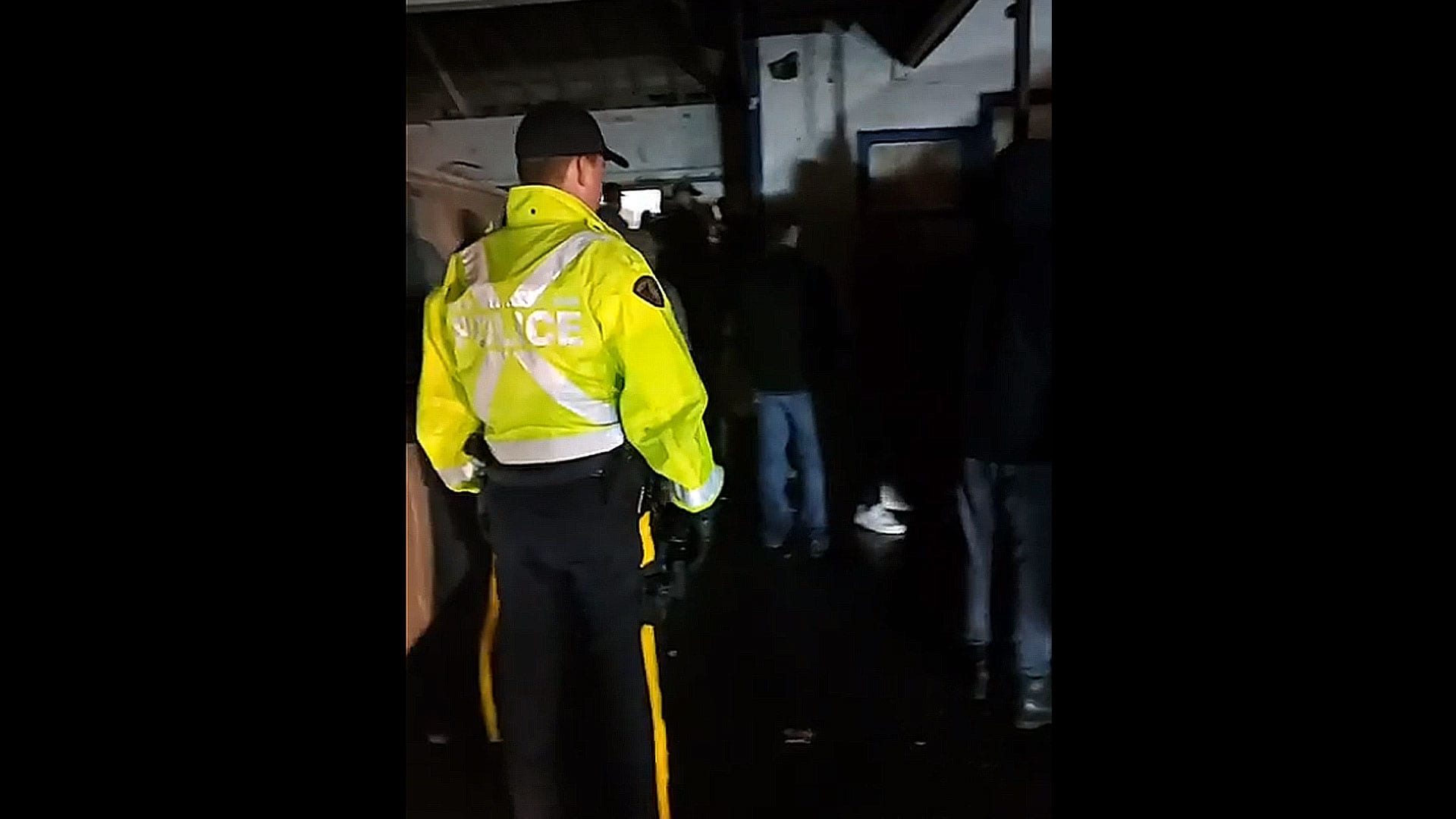
APTN News has written extensively about how the RCMP and the federal regulator, DFO, looked at the actions of the non-Indigenous fishers and the moderate livelihood fishery being undertaken by Mi’kmaw harvesters.
The RCMP looked at what was taking place as an issue having to do with the fisheries.
“Specifically/ the RCMP knew that the Plaintiffs, as Indigenous people engaged in fishing lobster in the area of St. Mary’s Bay outside of the commercial Fishing season/ were particularly at risk of physical harm and/or damage to property at the hands of commercial fishers,” says the lawsuit.
“The specific event of the Band announcing and opening the moderate livelihood fishery which the RCMP knew would likely result in acts of violence or property destruction targeted at Band members in the area of St. Mary’s Bay – added to the relationship of proximity.”
The RCMP say they are aware of the notice of claim.
“We are reviewing the matter and will respond appropriately,” says Cpl. Chris Marshall, provincial public information officer, Nova Scotia.
Federal bureaucrats with DFO, on the other hand, were more concerned about the moderate livelihood fishery than Mi’kmaw harvesters being attacked on the water and land.
“In spite of this knowledge of the likelihood of unlawful/ reckless and dangerous operation of vessels by the Fisher Defendants, DFO failed to respond and/or to offer help to the Plaintiffs,” says the claim. “DFO failed to help even in circumstances where the Plaintiffs pleaded to DFO or Coast Guard officers for assistance out of fear that the Fisher Defendants’ actions would swamp or capsize the Plaintiffs’ vessels. Further/ DFO failed to respond to the Fisher Defendants’ interference with the Plaintiffs’ fishing traps and gear. From September 17, 2020 through at least September 20, 2020, the Fisher Defendants were on the water hauling up traps set by the Plaintiffs.
“In many cases/ the Fisher Defendants damaged or destroyed the traps/ before throwing the traps back in the ocean. They damaged or destroyed both FSC Plaintiffs’ traps (which were authorized by DFO) and the ML Plaintiffs’ traps.”
None of the federal agencies or defendants have filed a statement of defence.
The DFO says they cannot comment at this time because the matter is before the courts, and the Government of Canada is firmly committed to advancing reconciliation, implementing Indigenous Treaty rights.
“First Nations affected by the Marshall decision (s) have a Supreme court affirmed, Treaty rith to fish in pursuit of a moderate livelihood. We are working in partnership to implement that right,” says Carole Saindon, Media Relations, Fisheries and Oceans Canada.
None of the allegations have not been proven in court.
The harvesters are asking the court for; special damages for the cost of replacing or repairing lobster traps or gear stolen, damaged or destroyed by the Defendants, special damages for lost opportunity to catch lobster for food, social and ceremonial purposes.
More to come.







